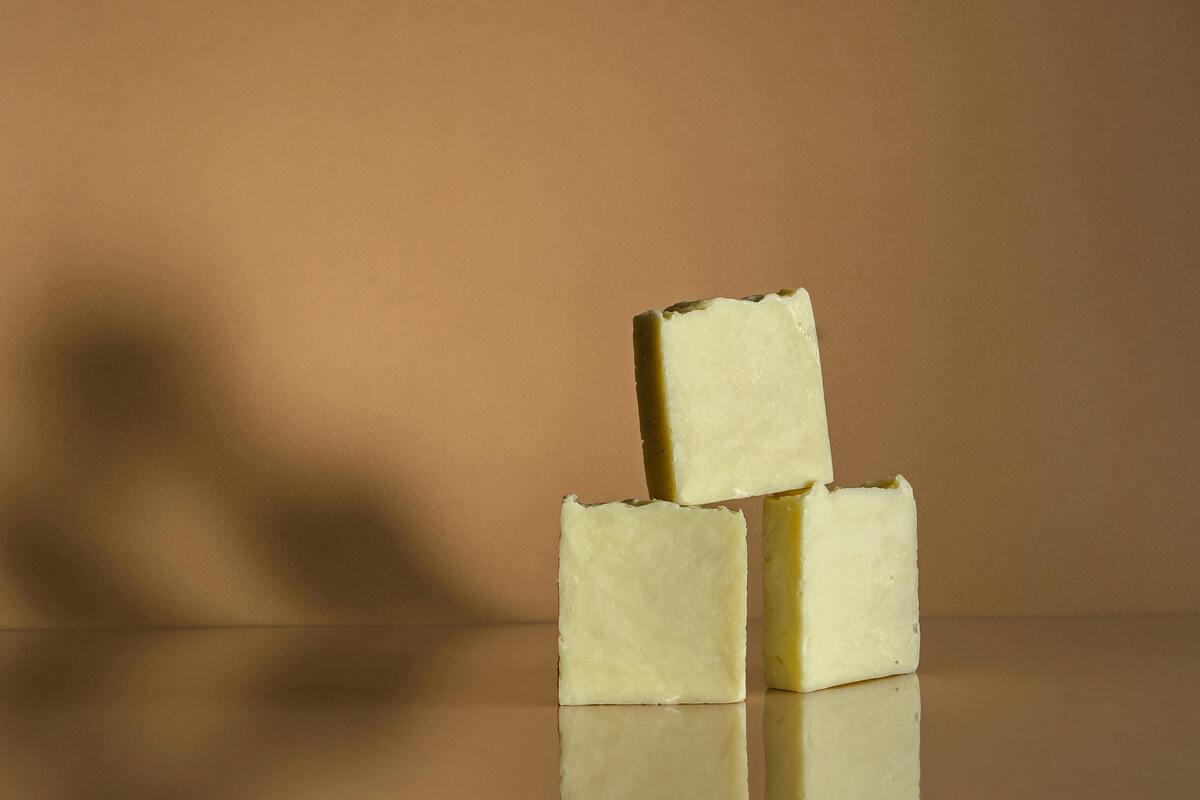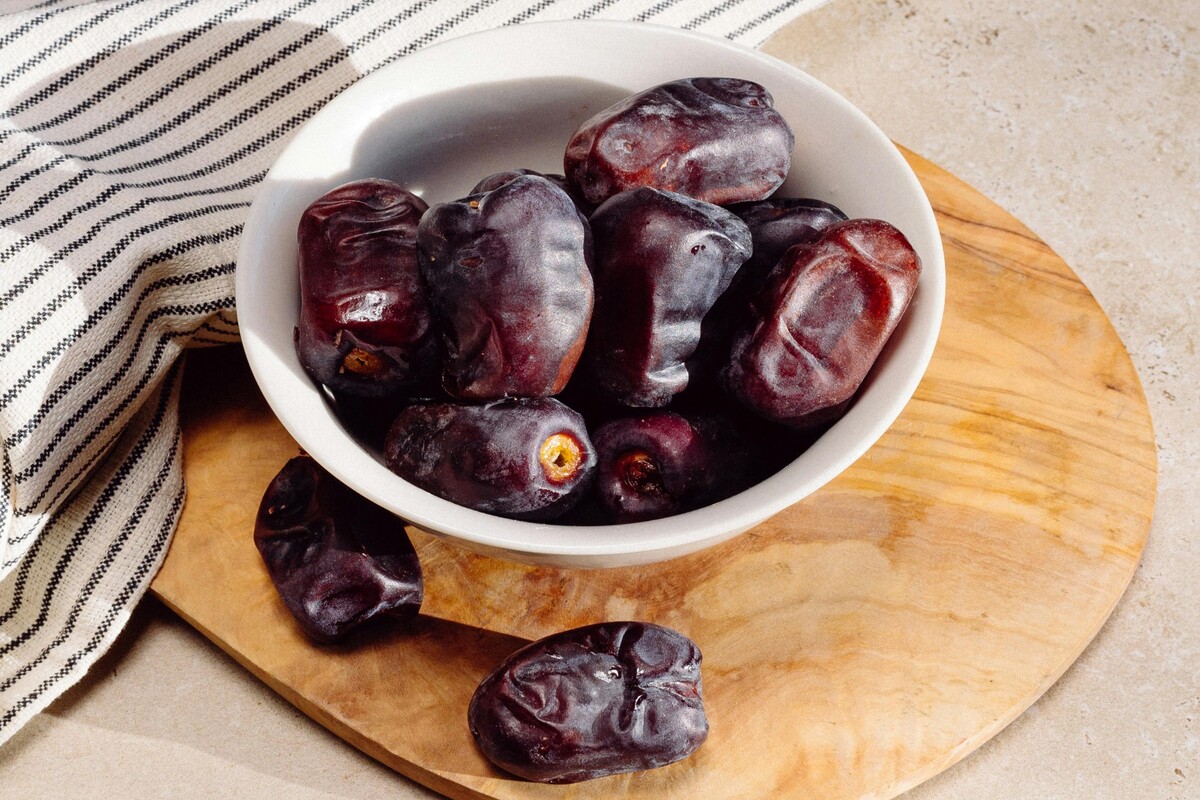In addition to fardh (obligatory prayers), Islam also has additional voluntary prayers that can be prayed before or after the fardh prayers, which Muslims call Sunnah prayers. To learn more about them, this article explains everything below. They are called Sunnah prayers as the Prophet Muhammad (PBUH) used to pray them.
When are Sunnah Prayers?
Here, we will learn when to pray Sunnah prayers.
Fajr (Dawn Prayer): 2 rak'ahs (units) before the Fajr prayer.
Dhuhr (Noon Prayer): 4 rak'ahs (units) before & 4 rak'ahs (units) after the Dhuhr prayer.
Asr (Afternoon Prayer): 4 rak'ahs (units) before the Asr prayer.
Maghrib (Sunset Prayer): 2 rak'ahs (units) before & 2 rak'ahs (units) after the Maghrib prayer.
Isha (Night Prayer): 2 rak'ahs (units) before & 2 rak'ahs (units) after the Isha prayer.
The Importance of Sunnah Prayers
There are some advantages of doing Sunnah prayers in Islam:
1. Extra Worship: They give Muslims more chances to worship Allah beyond the required prayers.
2. Following the Prophet: By doing Sunnah prayers, Muslims follow the example of Prophet Muhammad (peace be upon him).
3. More Rewards: These prayers bring extra rewards and blessings from Allah.
4. Good Habits: Regularly doing Sunnah prayers helps build good habits and keeps Muslims focused on their faith.
The Prophet (peace and blessings be upon him) is reported to have said:
“Whoever prays twelve Rak`at during the day and night will have a house built for him in Paradise.”
(Tirmidhi)
Benefits of Sunnah Prayers for each Salah
In Islam, there are many types of voluntary prayers, but this time we will focus on the Sunnah Rawatib prayers (voluntary prayers that precede and follow the obligatory prayers). Here are some of the Sunnah Rawatib prayers that the Prophet recommended:
1. Benefits of Fajr (Dawn Prayer) Sunnah

The sunnah prayer before dawn is a Sunnah prayer that is done two rak'ahs before performing the morning prayer. Sunnah prayers before dawn are highly recommended because they have virtues for Muslims who do them. As Aisha RA said that the Prophet SAW said
“Two rak'ahs (units) of fajr (sunnah before fajr prayer) are better than the world and all that it contains.”
(Muslim)
The sunnah prayer before dawn is very special because it is known as one of the sunnah practices that was never abandoned by the Prophet SAW. However, there is no additional sunnah after Fajr
2. Benefits of Dhuhr (Noon) Sunnah
The Prophet SAW always performed sunnah prayers before and after Duhr. This sunnah prayer is highly recommended. Regarding the number of rak'ahs (units) of prayers before and after Duhr, the Prophet SAW did as many as four rak'ahs (units) of two greetings, or two rak'ahs of one greeting.
The benefits of performing the before and after voluntary prayers have been explained by Allah in the following hadith:
“Whoever performs four rak'ahs before Zuhr and four rak'ahs after it, Allah forbids Hellfire for him.”
(Tirmidhi)
3. Benefits of Afternoon (Asr) Sunnah

For the 'Asr prayer, there is no voluntary prayer after 'Asr, but only a voluntary prayer before 'Asr. The voluntary prayer before 'asr is four rak'ahs.
Ibn 'Umar (may Allah be pleased with him) reported that the Messenger of Allah (blessings and peace of Allah be upon him) said:
“May Allah have mercy on the one who prays four rak'ahs before 'Asr.”
(Ahmad, Abu Dawood, Tirmidhi)
4. Benefits of Sunset (Maghrib) Sunnah
It is a recommended Sunnah to perform voluntary salah: 2 rak'ahs before the Maghrib prayer. These prayers are performed after the Adhan and before the Iqamah (start of the Fardh prayer).
Additionally, it is recommended to perform 2 rak'ahs after completing the obligatory Maghrib prayer. These prayers are performed immediately following the Fardh prayer.
Engaging in voluntary prayers before the Maghrib prayer is rewarded by Allah (SWT), as indicated by the Prophet's encouragement to pray before the Maghrib prayer for its associated rewards.
"It was narrated from 'Aishah (RA) that the Prophet (PBUH) used to pray two rak'ahs before Maghrib, and he would make them brief."
(Ibn Majah)
5. Benefits of Night (Isha) Sunnah
Like the Maghrib prayer, Isha also has two Sunnah prayers, two rak'ahs before the obligatory Isha' prayer and two rak'ahs after the obligatory Isha' prayer.
By observing these Sunnah prayers, one follows the example of the Prophet (PBUH) and earns additional spiritual rewards and blessings from Allah (SWT).
The Prophet (PBUH) said, "If anyone of you can get one rak'ah of the 'Isha' prayer before sunrise, he should complete his prayer."
(Bukhari)
The actions of praying Sunnah are the same as praying Fardh. Want to learn how to pray? Read the article 'How to Pray Salah, Step by Step' here.
Conclusion
Sunnah prayers are an important part of a Muslim's spiritual practice, providing additional opportunities to draw closer to Allah and seek His blessings. Performing these prayers with sincerity and devotion enhances one's faith and discipline.
Sell with Riwaya
Are you a seller of Islamic products looking to reach a global audience of discerning buyers?
Join Riwaya today and become part of a vibrant community dedicated to promoting Islamic culture and heritage worldwide. Let us help you connect with customers who share your passion for excellence and authenticity in Islamic products.



















































